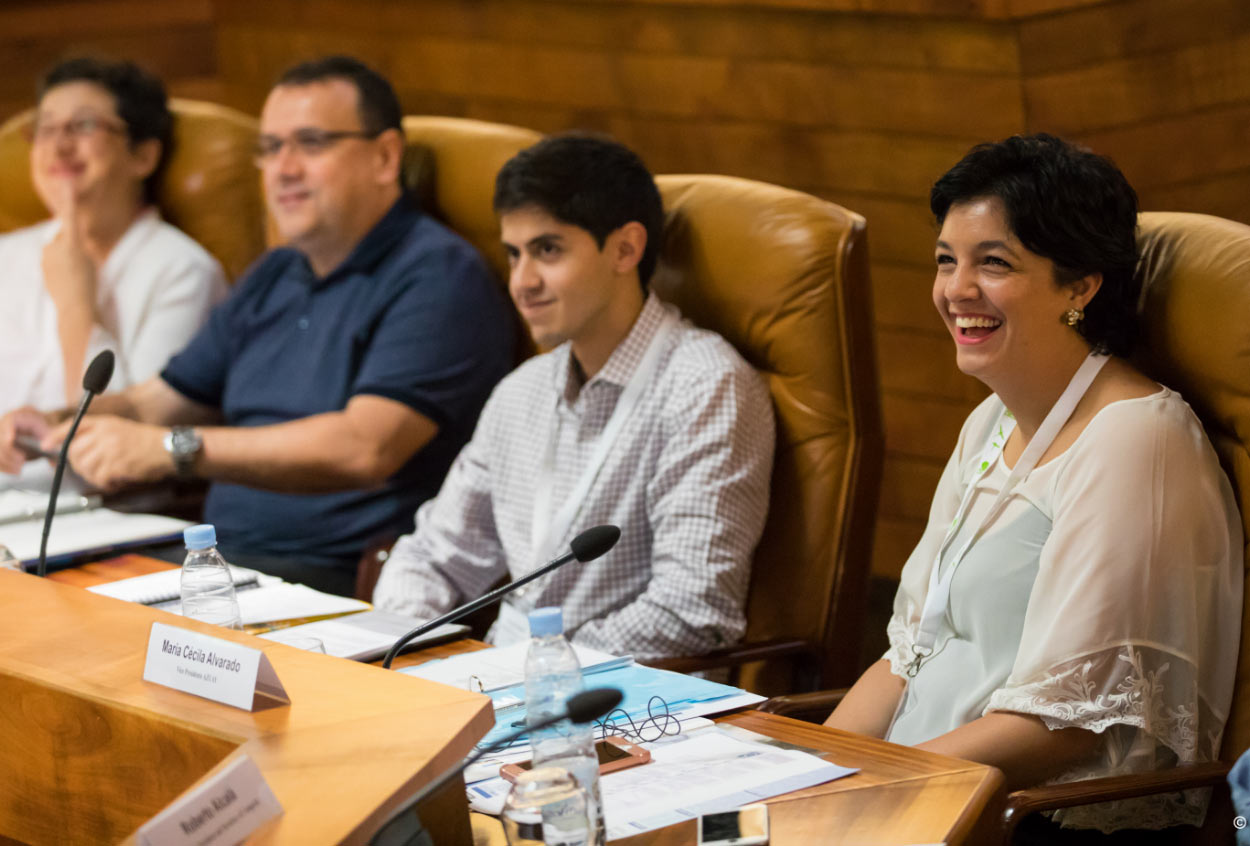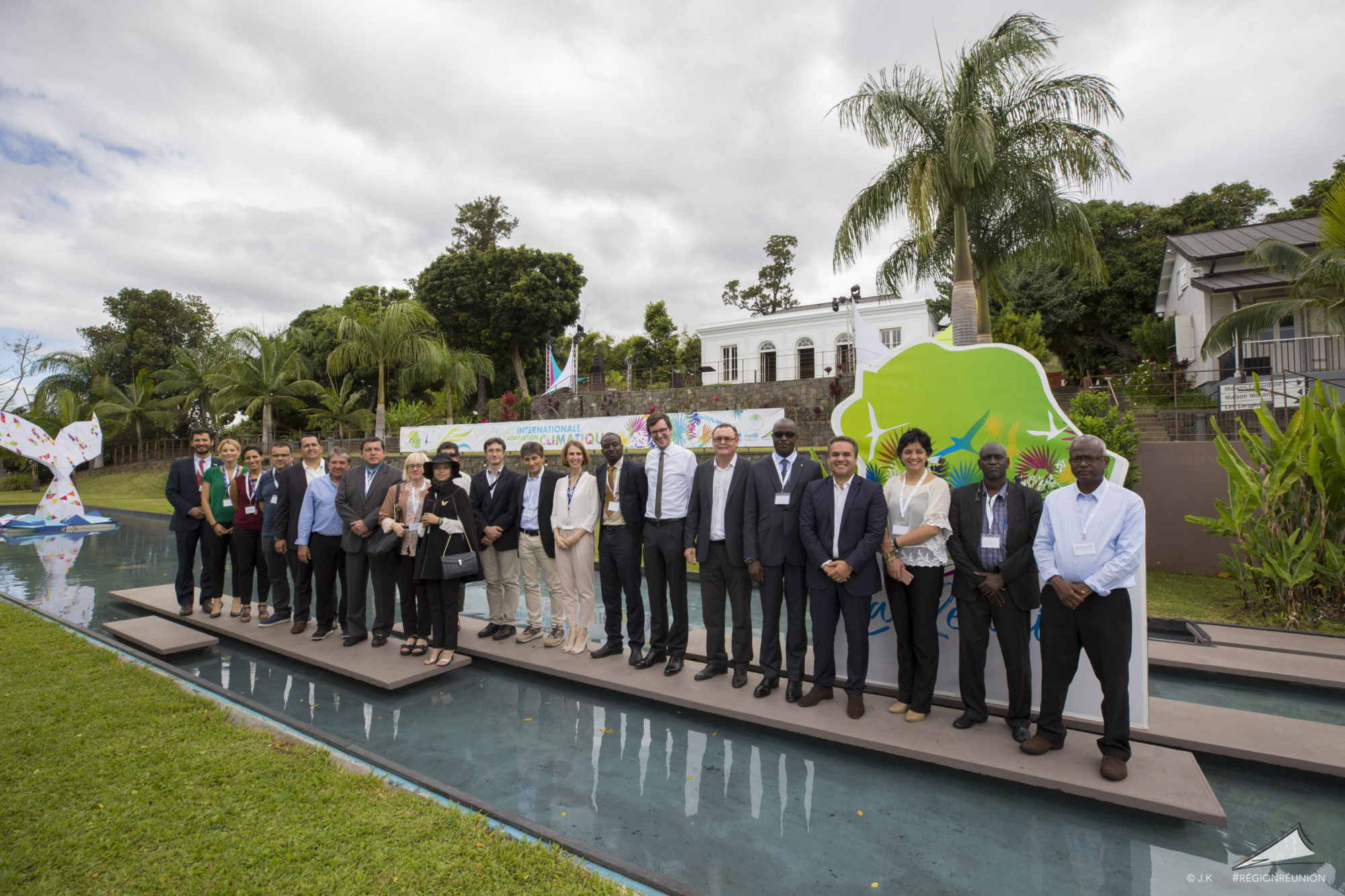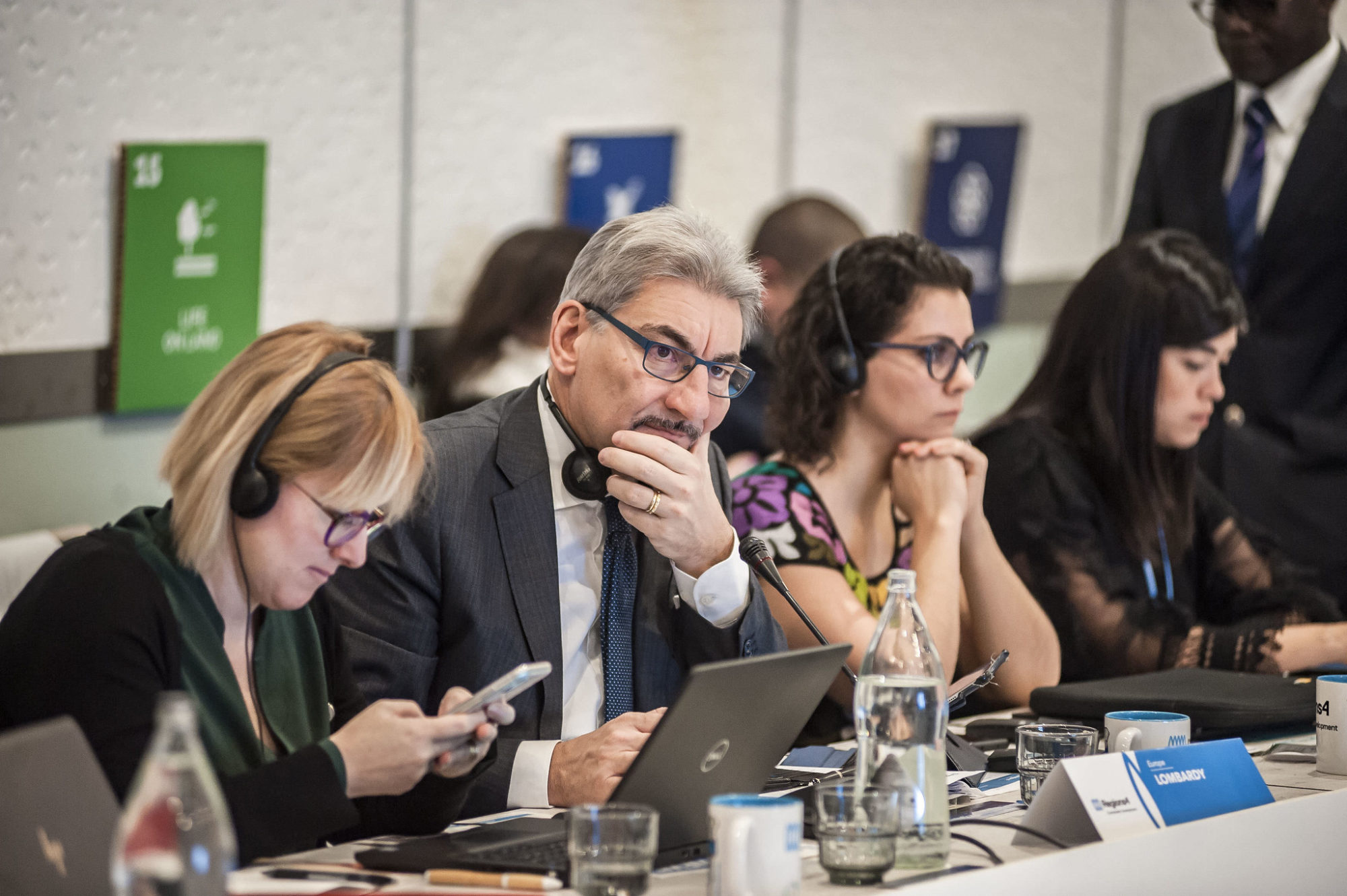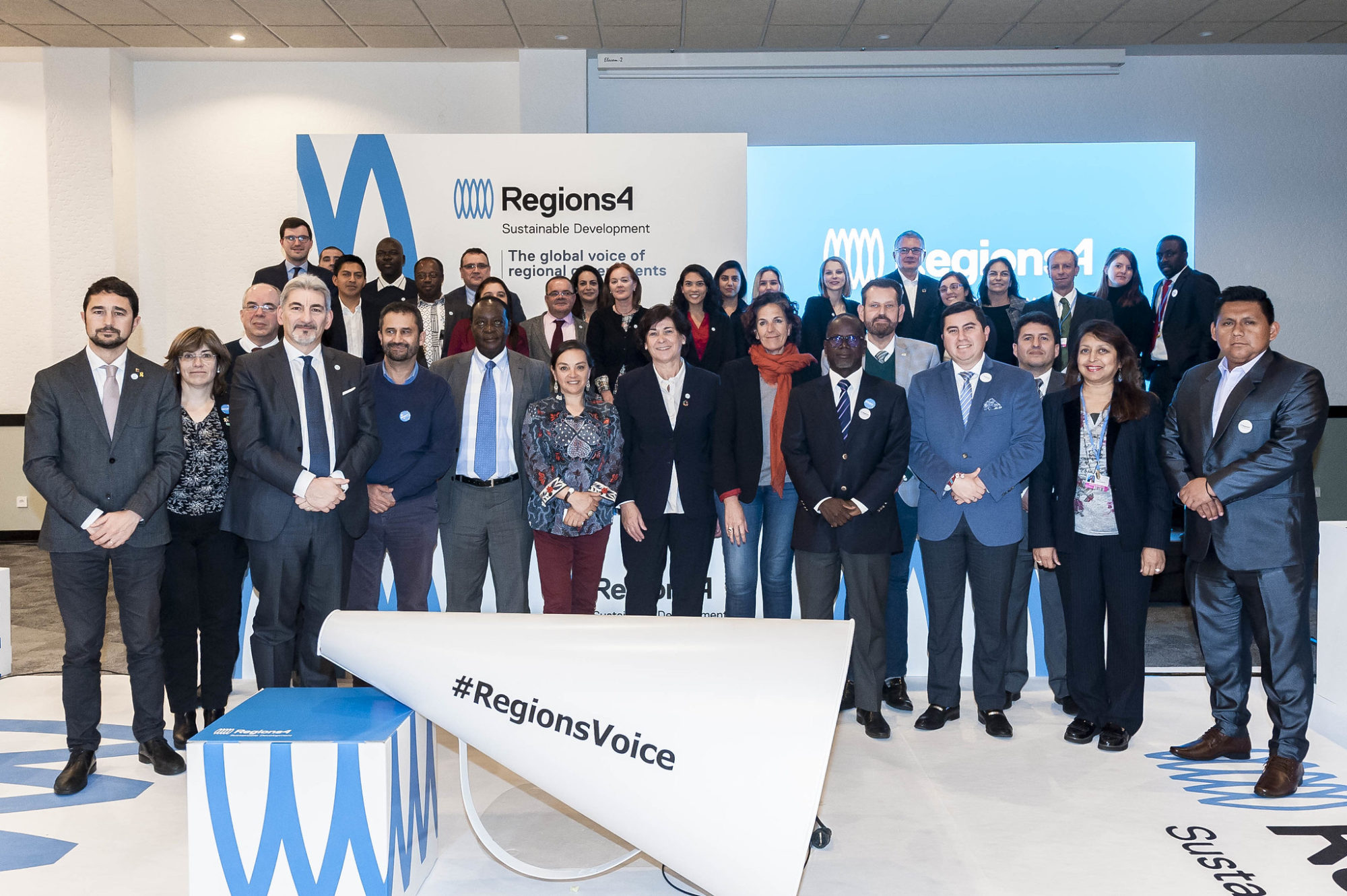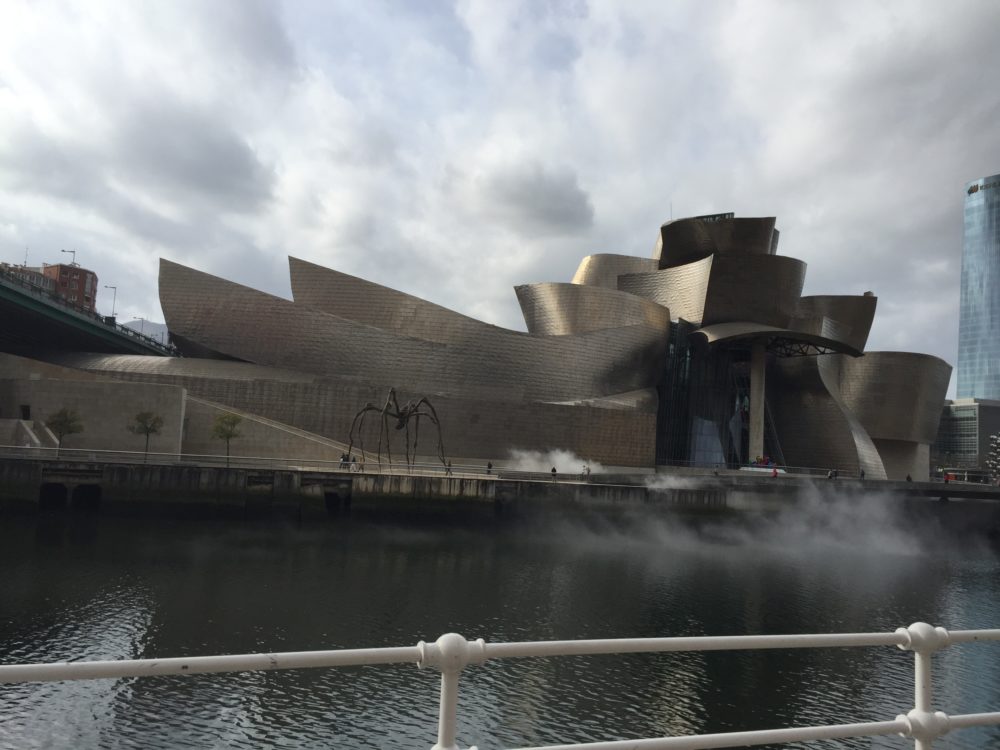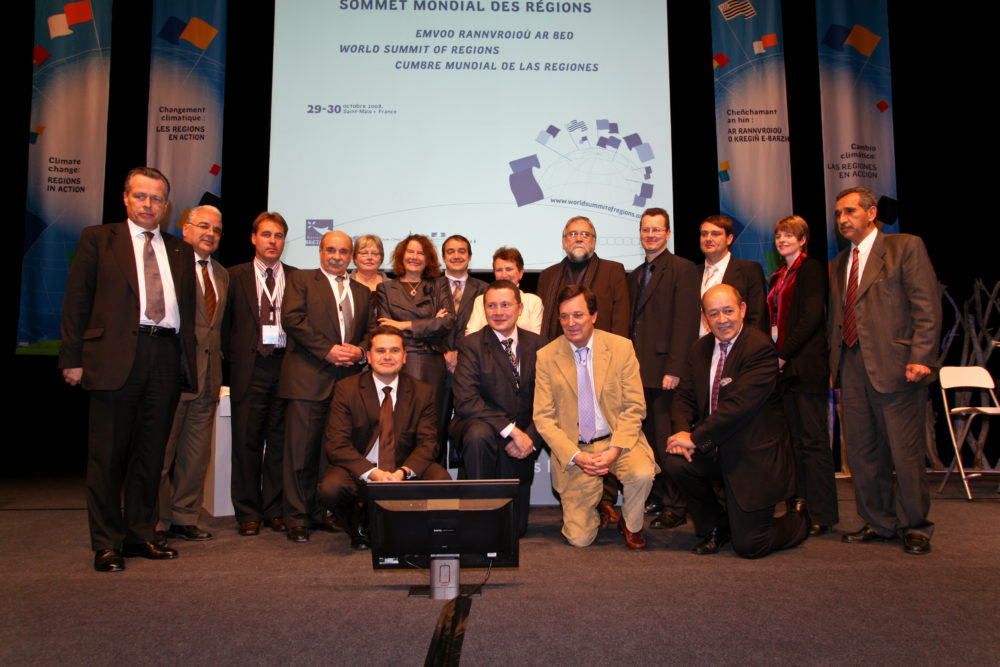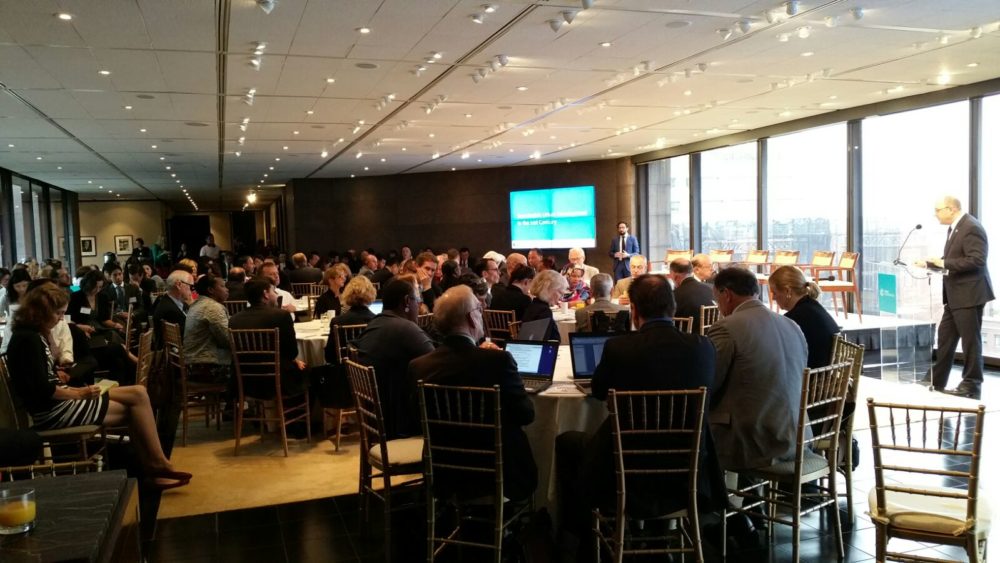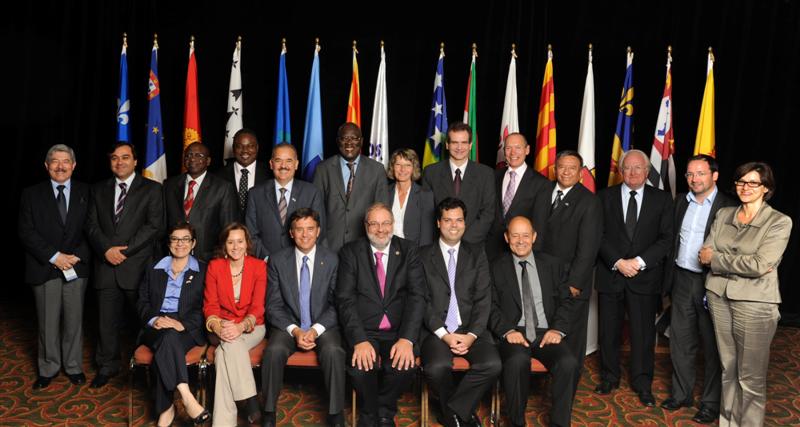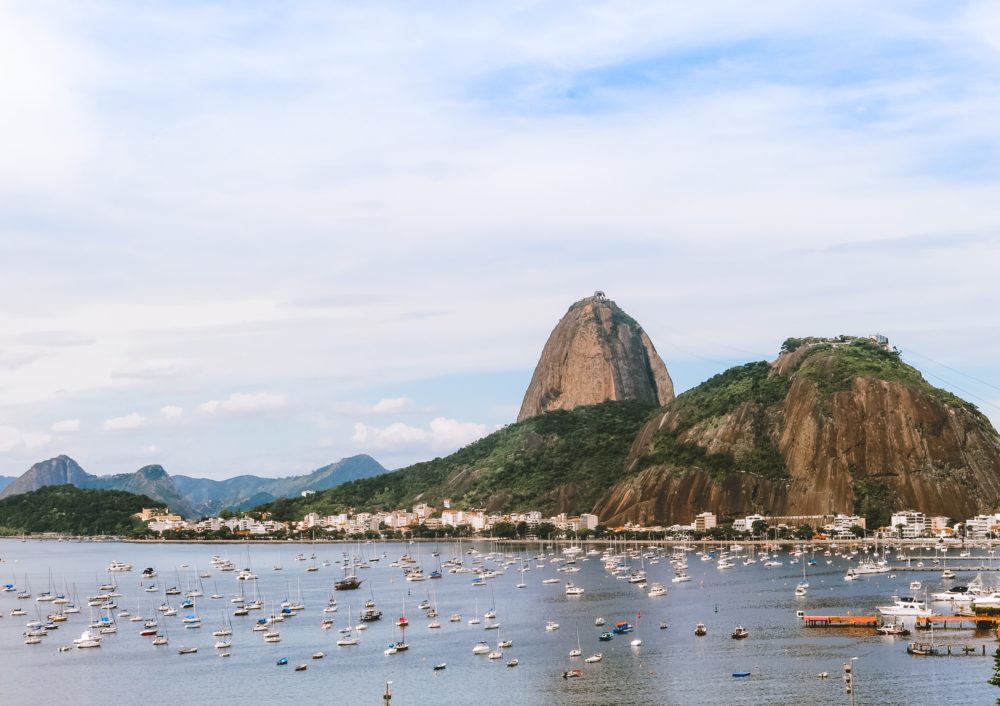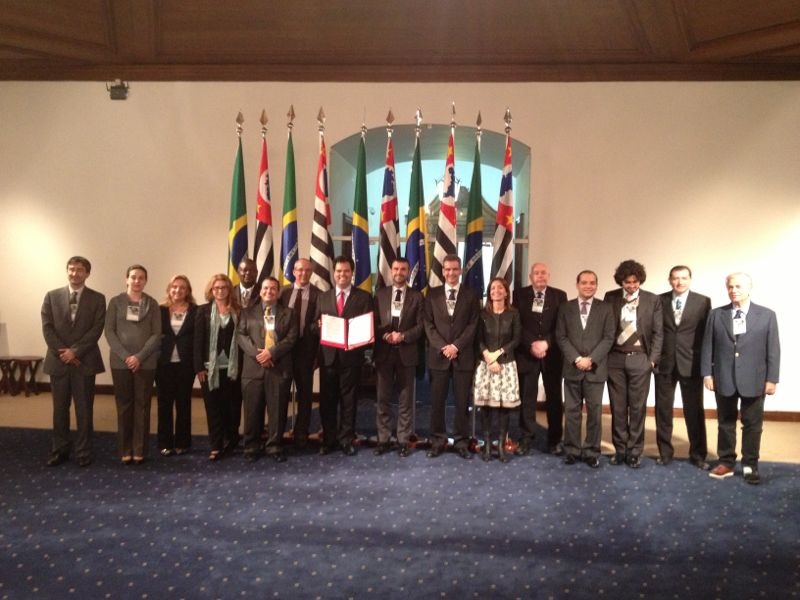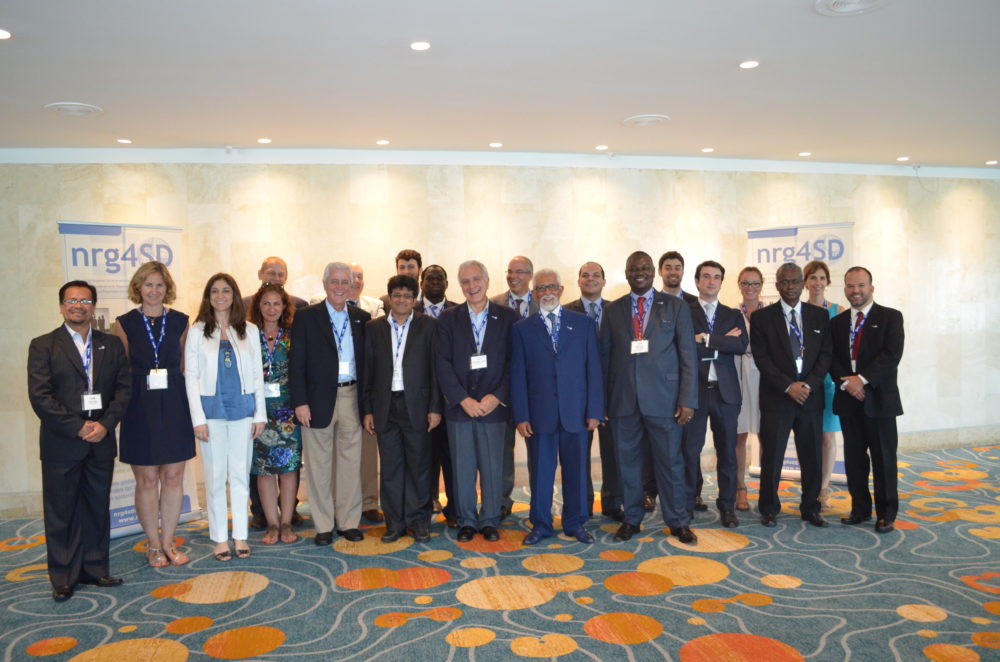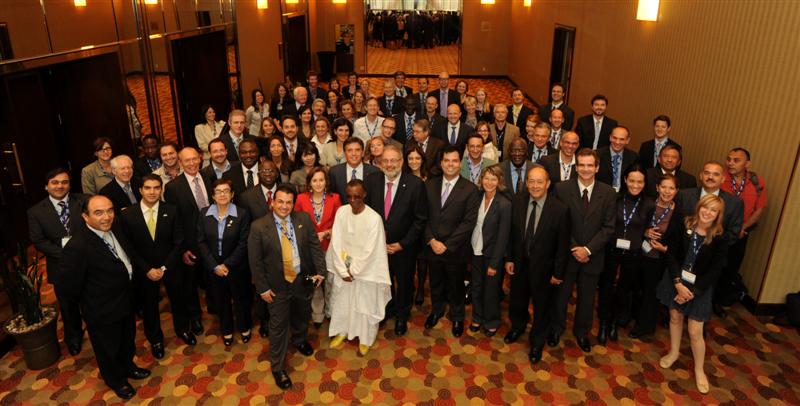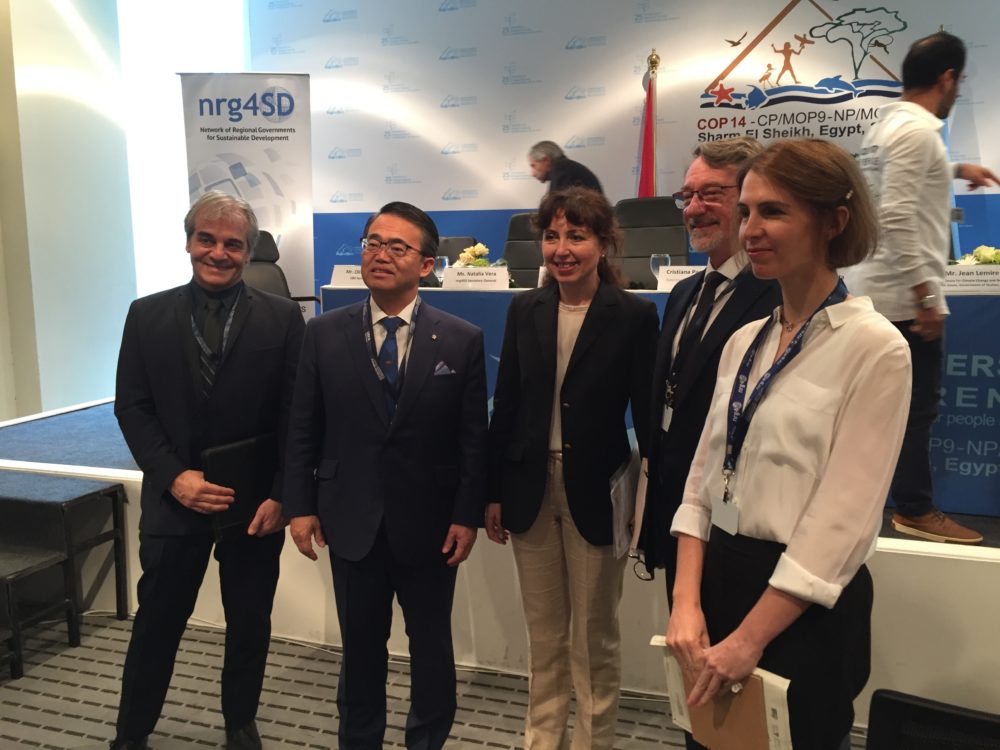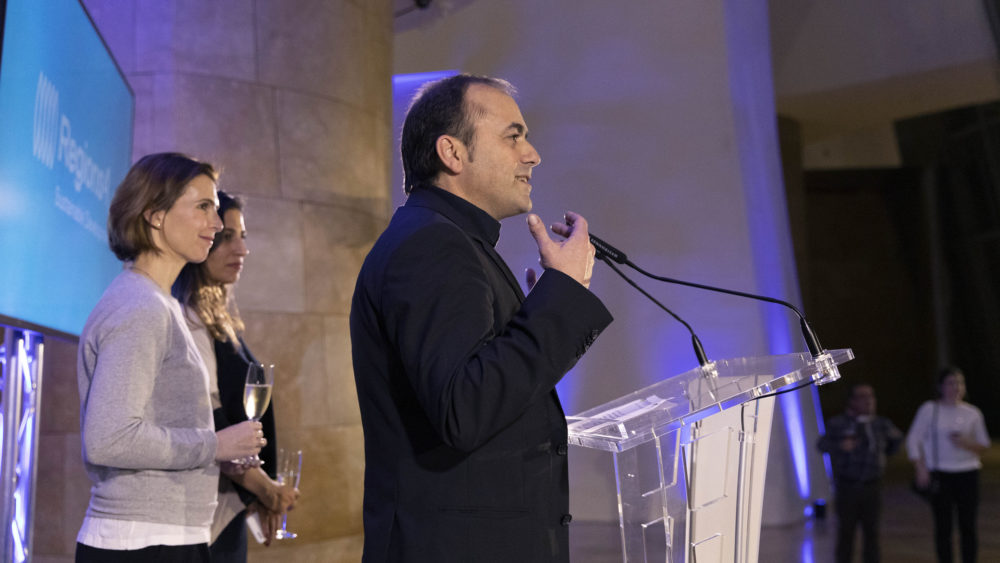Our History
Our mission
To empower regional governments by enabling the strongest connections inside and outside the network and translating them into impactful action.
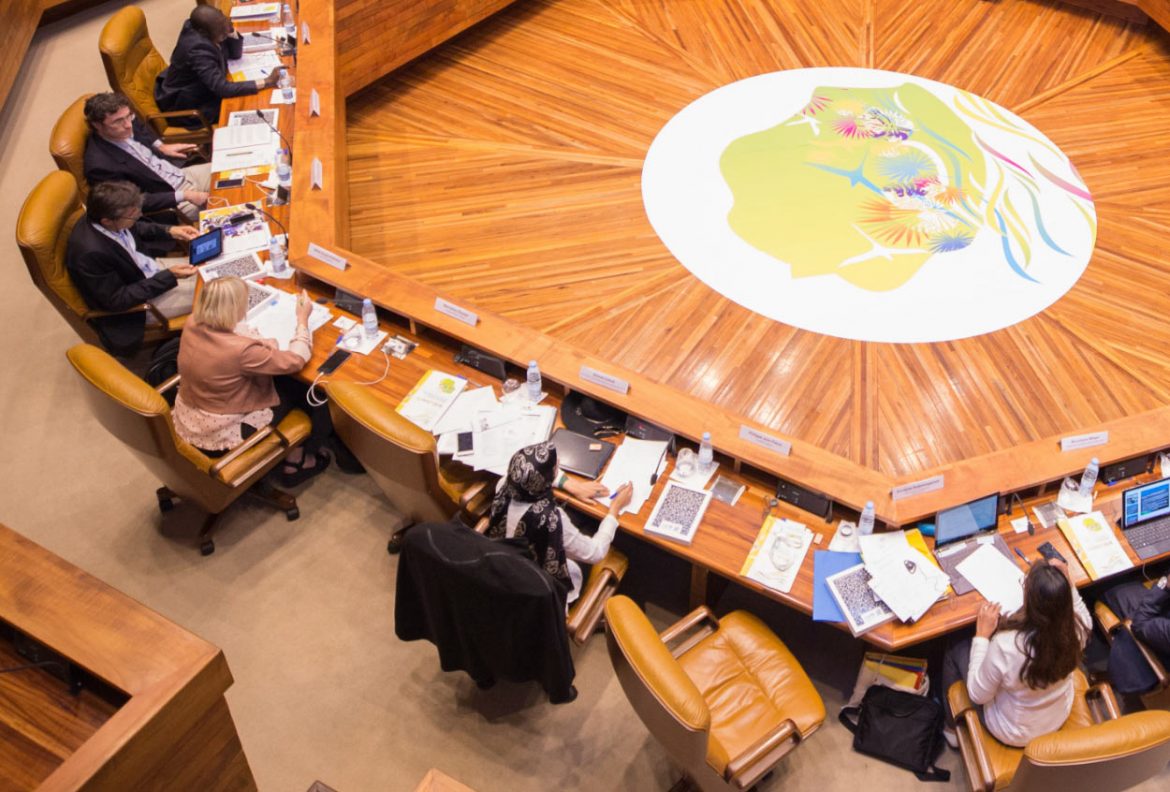
Our values
Taking care of our relationships is our way of strengthening our ties and honouring our interdependence. To us, the quality of our connections is what builds community and common purpose. After all, organisations are made of people, and only people can drive change.
Our network is made for regions and by regions. Every step we take is the result of a collaborative process. We believe that co-accountability leads to meaningful action, close to real needs and real impact targeted.
To us, each territory is unique and indispensable for the valorisation and protection of life. All background is valid, and all knowledge counts. We believe everyone has something to share and learn in our global community and no one should be left behind.
The diversity of our parts is the wealth of our whole. Through strong connections inside and outside our network, we enable pathways to cooperation, learning, and innovation. Every connection is an opportunity to be inspired and to inspire.
As relevant members of the international community, our Network and its regions have their own voice and independence of criteria in order to take decisions and raise their voice for a more sustainable development worldwide.
Why are Regional Governments important for sustainable development?
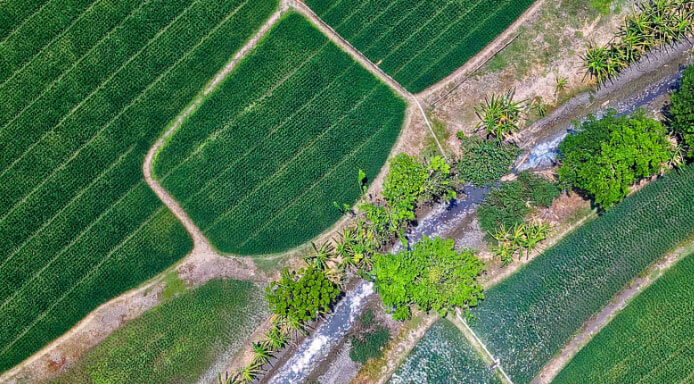
Closeness to citizens:
understanding of social demands, capacity to engage stakeholders and strategic position to trigger behaviours.
Strategic link between the local & the national levels:
vertical integration of policies, as well as coordination and coherence of actions.
Strategic competences
that amplify the capacity of national governments towards the achievement of global goals.
Proximity to the territory:
better understanding of issues and position to act, collection of bottom-up information for global decisions.
Holistic understanding of jurisdictions:
comprehensive ecosystem approach ensuring rural-urban linkages and localisation of global goals.
Want to know how we empower regional level?
Learn about our work
